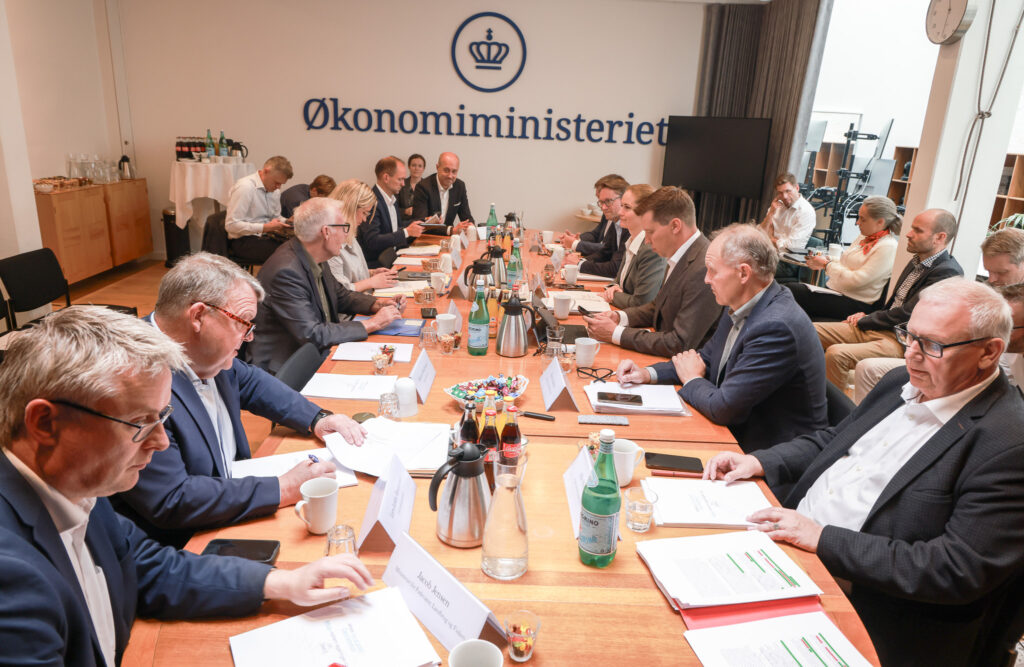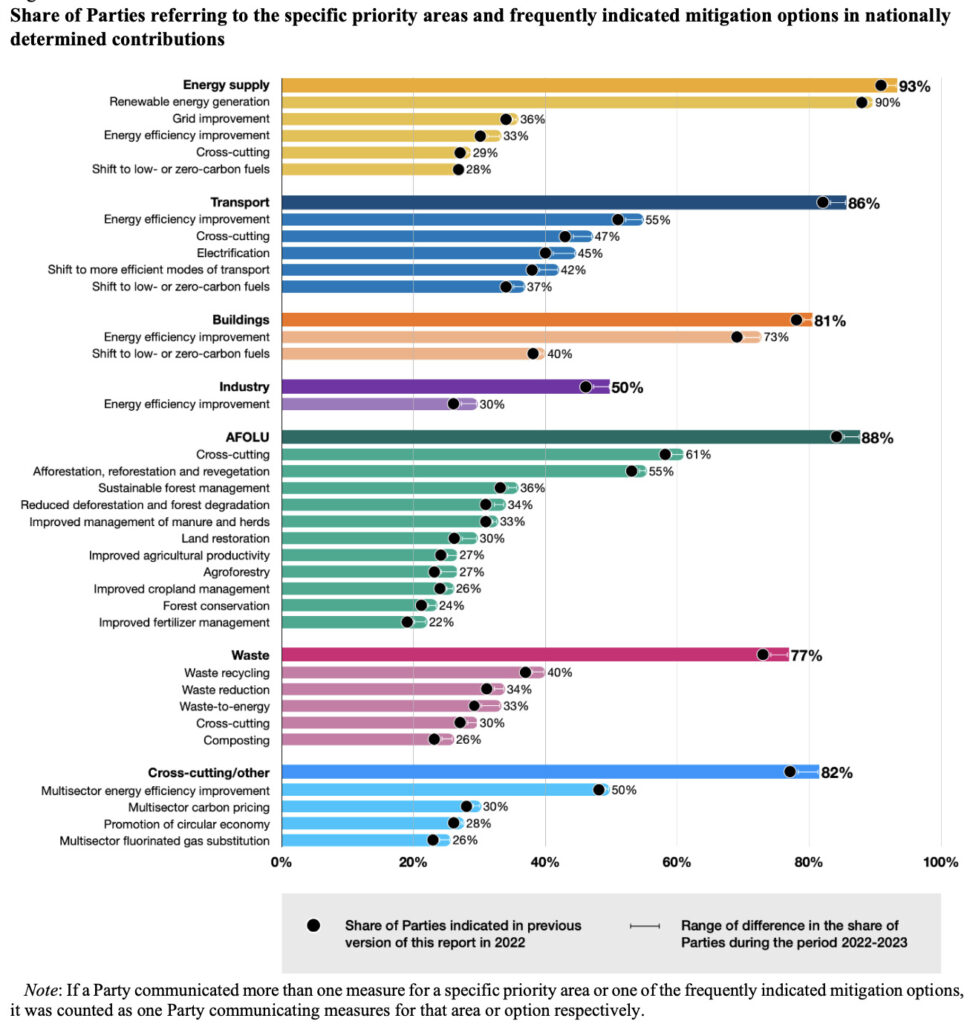Big Oil Is Spewing Disinformation to Slow Climate Action, Warns UN
5 Mins Read
The UN has stated that misinformation by fossil fuel companies is slowing down the energy transition and global efforts to tackle climate change.
A “massive” misinformation and disinformation campaign by Big Oil is impeding climate action and the shift towards green energy, the UN has warned.
Climate policies are becoming a target of far-right attacks in countries across the globe. But rather than being a reflection of public perception, this is due to fossil fuel companies’ “backlash” against climate mitigation efforts, according to Selwin Hart, the assistant secretary-general of the UN’s Climate Action Team.
Efforts to disseminate misleading information are aimed at delaying emission reduction policies. “There is this prevailing narrative – and a lot of it is being pushed by the fossil fuel industry and their enablers – that climate action is too difficult, it’s too expensive,” Hart, a climate advisor to UN secretary-general António Guterres, said in an interview with the Guardian.
“It is absolutely critical that leaders, and all of us, push back and explain to people the value of climate action, but also the consequences of climate inaction,” he added.
The policy battles for and against fossil fuels

Hart’s comments come two months after the UN Development Programme conducted the largest-ever survey on climate change – covering more than 73,000 people from 77 countries – and found that 72% of people want their governments to quickly move away from fossil fuels. In fact, majorities in 85% of the countries want a rapid shift towards renewable energy, including in most petrostates.
A transition away from fossil fuels was highlighted in the Global Stocktake document at COP28, though this was short of the complete phaseout that many had called for. It explains why less than half (49%) of respondents believed their nations were doing enough to tackle the climate crisis.
While far-right gains have dominated elections in some areas like the EU, other parts of the world have seen green parties and policies become more prominent. For example, in the US, 23% of Congress members were found to be climate deniers, and Donald Trump has promised to “drill, baby, drill” if reelected in November, even as the country faces some of its most lethal heatwaves and home insurance becomes increasingly hard to attain.
“This is directly due to the climate crisis, and directly due to the use of fossil fuels,” Hart told the Guardian. “Ordinary people are having to pay the price of a climate crisis while the fossil fuel industry continues to reap excess profits and still receives massive government subsidies.”

But then there are nations like Denmark, whose government has become the first to implement a carbon tax on meat and dairy production, a policy that would have once been considered radical. “This should alert political leaders – those that are ambitious are not only on the right side of history, they’re on the side of their people as well,” the UN official suggested.
“Climate appears to be dropping down the list of priorities of leaders,” he added. “But we really need leaders now to deliver maximum ambition. And we need maximum cooperation. Unfortunately, we are not seeing that at the moment.”
NDCs must consult climate-vulnerable populations
In May, a survey of 380 scientists from the UN Intergovernmental Panel on Climate Change revealed that nearly three-quarters blamed a lack of political will behind the failure to address the climate crisis. Meanwhile, 60% ascribed it to vested corporate interests, such as those of the fossil fuel industry, the world’s largest polluter.
Most of these experts (94%) believe the world will miss the goal to limit post-industrial temperature rises to 1.5°C by 2100, as outlined in the 2015 Paris Agreement. In fact, more respondents said we’ll see a rise of 4°C than those who feel we can meet the 1.5°C target – and 77% expect temperatures to increase by at least 2.5°C, leaving the world vulnerable to catastrophic and irreversible damage.
The UN Framework Convention on Climate Change (UNFCCC) last year found national climate action plans to be insufficient, noting that they don’t show the required “rapid downward trend” when it comes to cutting emissions.

Hart concurred, stating that “we’re still not seeing the level of ambition or action that the world desperately needs”. This is why the UN is calling on countries to set out clear policy plans and their impacts on climate action in the next update to their nationally determined contributions, due in 2025.
These need to be “as consultative as possible so that whole segments of society – young people, women, children, workers – will be able to provide their perspective on how the transition should be planned and well-managed, and how it will be financed”, explained Hart.
This is important considering that developing countries, mostly in the Global South, disproportionately face the worst impacts of climate change. Despite low-income nations accounting for just 0.4% global consumption-based carbon emissions, 91% of all deaths related to extreme weather occur in developing countries, according to the UN.
Poorly designed policies can unfairly hurt vulnerable populations, Hart said. “Each country will really need to ensure its transition is well planned to minimise the impact on people and vulnerable populations, because a lot of the so-called pushback comes when there’s a perception that the costs on poor and vulnerable persons are being disproportionately felt.”
In June, Guterres called on countries and media companies to ban fossil fuel advertising. Always an outspoken critic of Big Oil, he called businesses in this sector the “godfathers of climate chaos”, which have “shamelessly greenwashed” and “sought to delay climate action”.



